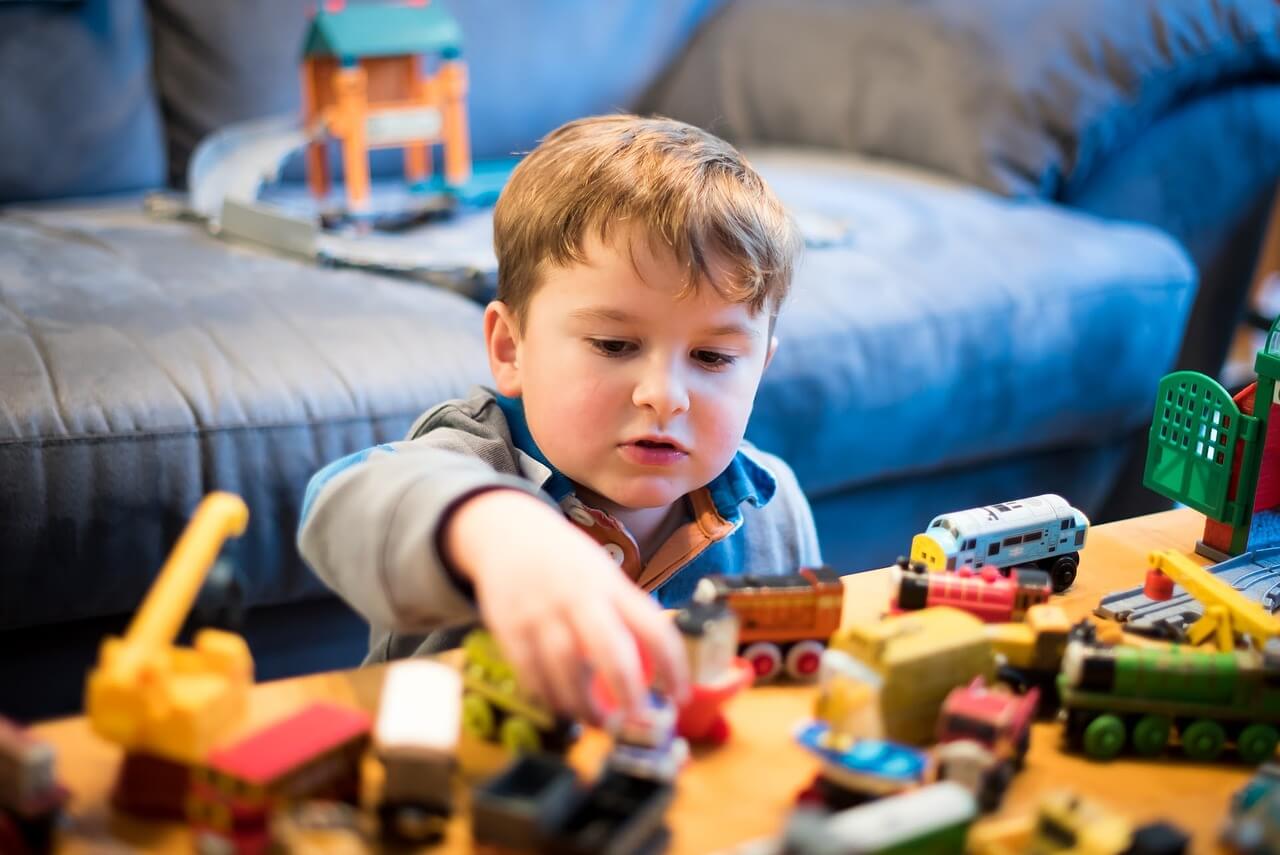What Does a Parent Do? A Journey of Love and Care
From soothing a newborn's cries to helping a teenager find their path in life, parenting is an evolving role filled with important responsibilities.
Watch the video, read the article or both to learn the milestones, challenges, and joys of raising a child from birth to adulthood.
From the moment a child comes into this world until the day they decide to spread their wings and go off on their own journey, parents are there every step of the way, loving them unconditionally, guiding and nurturing them.
Now let's answer the question: "What Does a Parent Do?" Or "What would you be responsible for as a parent?"
Infancy (0-2 years)
What does a parent do during infancy? Hmmm, everything!
From the first time that a baby enters into this world and takes their first breath to those moments of soothing cries in the middle of the night, you are the comfort in your child’s life.
1. You Provide Nourishment: You will make sure that your baby receives the nourishment that they need in order to grow and thrive, through breastfeeding or bottle-feeding.
2. You are on Constant Diaper Duty: Keep your baby clean, dry and comfortable making regular diaper changes a part of your daily routine.
And I don’t mean, change them every couple of hours. I mean they get changed every time they need to be changed and that is more some days than others. A lot!
3. You Offer them Soothing Comfort: Babies may need to be rocked to sleep or gently patted on the back because they are experiencing colic. Doing this provides soothing comfort to your newborn.
4. You Attend Medical Check-ups with Your Baby: You’ll be seeing your child’s pediatrician regularly to ensure that your baby is healthy and reaching all of their developmental milestones.
5. You Offer Endless Cuddles and Kisses: There's no shortage of affection as you shower your little one with cuddles, kisses, and whispered lullabies.
6. You Create a Safe Environment for Them: You will need to baby-proof your home. Making sure that every corner is safe for your child’s explorations.
What Does a Parent Do for Their Toddler (2-4 years)
As your baby grows into curious toddler, your role as a parent develops to meet your child’s needs and independence.
1. You Encourage Exploration: From stacking blocks to finger painting, it is your job to encourage your toddler's curiosity by providing opportunities for exploration and discovery.
 Toddler sitting in a box with his cat beside him. depositphotos.com Serebrina
Toddler sitting in a box with his cat beside him. depositphotos.com Serebrina2. You Teach Them Life Skills: Whether it's learning to use the potty or mastering the use of forks and spoons at mealtime.
You should guide your toddler through the process of learning new skills.
3. You Set Boundaries for Them: Encourage independence and establish boundaries to keep your curious toddler safe and secure.
4. You Introduce Values: Through gentle guidance and leading by example, you will inspire values such as kindness, empathy, and respect in your little ones.
5. You Read and Play With Them: A time for some pretend play or story time are moments where you and your toddler are bonding. You are encouraging a love for learning and sparking their imagination.
6. You Need to Handle Their Tantrums: Toddlers come with their fair share of tantrums, and it’s up to you to patiently get control of these emotional outbursts with love and understanding.
What Does a Parent Do for Early Childhood? (4-6 years)
In the early years of childhood, you will continue to play an important role in your child's development and their future growth.
1. You Support Learning: Whether it's practicing letters and numbers or exploring nature, you need to support your child's learning journey at home and in school.
2. You Foster Independence: From teaching them to tie their shoelaces to dressing themselves, it will be up to you to help your child become more independent and self-reliant.
3. You Promote Healthy Habits: Through nutritious meals, regular exercise, and proper hygiene, you can promote healthy habits that will benefit your child's physical and mental well-being.
4. You Celebrate their Achievements: No matter what your child has accomplished whether it's a new skill that they have mastered or a milestone they have achieved, you should celebrate it, improving their confidence and self-esteem.
5. You Provide Emotional Support: As children deal with the ups and downs of early childhood, you will find that you are offering a steady source of love, encouragement, and emotional support to your child.
6. You Encourage Socialization: Playdates and outings with other children provide opportunities for socialization, helping children develop essential social skills and friendships.
What Does a Parent Do for Middle Childhood? (6-12 years)
As children enter the middle years of childhood, you will continue to play an important role in their growth and development, guiding them through the challenges of school and social relationships.
1. You Support Academic Success: You will help your child with their homework, provide resources for learning, and communicate with their teachers to support your child's academic success.
2. You Encourage Extracurricular Activities: A good way to discover what their interests and passions are is through extracurricular activities such as music, sports or art.
3. You Teach Responsibility: By giving your child chores and tasks to do around the house teaches them the value of responsibility and the importance of contributing to the family.
4. You Navigate Peer Relationships: You offer support and guidance to your child as they learn to deal with friendships, peer pressure, and conflicts with classmates.
5. You Promote Problem-solving Skills: When you provide your child with good communication skills it will help them to learn how to solve problems on their own and they will gain the strength to face life’s challenges.
6. Teaching Right from Wrong: Children learn about ethics and morality primarily from their parents through their everyday guidance and interactions. Lessons that are learned by enforcing the difference between right and wrong that will guide children throughout their lives.
What Does a Parent Do for Their Adolescence? (12-18 years)
 Teenage girl sitting on a dock with her elbow on her knee and her head in her hand.
Teenage girl sitting on a dock with her elbow on her knee and her head in her hand.As children transition into adolescence, you will need to change the direction of your parenting, supporting your teens as they get through the difficulties of adolescence and prepare for adulthood.
1. You Facilitate Independence: You slowly allow your teens to become more independent and responsible, by letting them make more decisions for themselves.
2. You Support Academic and Career Aspirations: Assist them in exploring college options or career paths. Many kids will choose not to go on to college and should not be forced to do so, it is up to you to support their decision no matter what that may be.
3. You Help Them Deal with Peer Pressure and Risk-taking Behaviors: You need to offer a listening ear and non-judgmental support as your teen deals with peer pressure and risk-taking behaviors.
4. You Promote Healthy Habits and Self-care: From discussing the importance of mental health to encouraging regular exercise. You will promote healthy habits and self-care that will benefit your teens overall well-being.
5. You Communicate Openly and Honestly: You and your teen will experience open lines of communication, encouraging trust and understanding as they get through the hardships of adolescence.
6. You Offer Unconditional Love and Acceptance: Through the highs and lows of adolescence, you offer unconditional love, support and acceptance.
You should provide a safe place for your teen to express themselves and grow into a confident adult.
Conclusion:
Sounds like a lot, right. It is or can be.
From the moment of infancy to the life-changing years of adolescence, your role as a parent is constantly changing and can be very challenging and best of all, very, very rewarding.
For example: We always made our own play-dough together and I finger-painted, did crafts along side them.
I took them to never ending practices and to day long games which were always in other towns or cities, usually 1-2 hours away.
They were in gymnastics, dance classes, karate, soccer etc. and not just my kids, the foster kids too.
Doing things like teaching them to tie their shoes or ride a bike can be fun and rewarding when they accomplish the task.
Having a partner to share in the festivities is helpful or you can ask for help from family/friends.
So, what does a parent do?
You are entering into a lifelong journey of love and caring, ups and downs, moving alongside your children every step of the way.








































New! Comments
Have your say about what you just read! Leave me a comment in the box below.